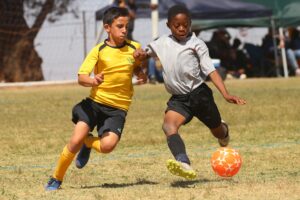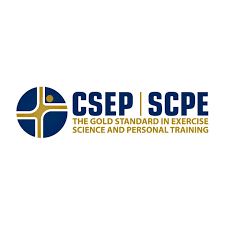
Biological therapy or biologics are a common medication option for children with inflammatory bowel disease (IBD). Like most medications, this treatment works best when the amount of medication in the blood stays high. There are many factors that can impact this level, for example, how severe the disease is. Physical activity is another factor that can change medication levels, and research has shown that physical activity can help keep some medication levels high. No one has studied if physical activity has the same effect on biologics. Our goal is to see if physical activity helps biologics stay at a high level for children with IBD.
What are the study objectives?
- Find out if physical activity helps the biologic, Remicade, stay at a high level for children with IBD in between two infusions.
- Find out if there are specific physical activity patterns (e.g. very active close to next infusion) that helps Remicade stay at a high level in between two infusions.
What does this study involve?
If you volunteer to participate in this study, we will ask your child to complete two study visits during their regularly scheduled infusion appointments at the McMaster Children’s Hospital. Each visit will be structured in a similar manner. During the visit, your child will receive their regular infusion and be asked to perform the following things:
1) Anthropometric measures: Before each infusion, standing height, sitting height, weight, and body fat percentage will be measured. These measures will be important for our analysis as they can impact drug level and physical activity.
2) Blood sample: A small, 20 mL (about 1.5 tablespoons) blood sample will be taken from the intravenous catheter (IV) that is used for your child’s infusion. This will allow us to measure the medication level in the blood. This blood sample will be taken before the infusion and 30 minutes after the infusion for Visit 1 and then before the infusion for Visit 2.
3) Physical activity assessment: After completing the first visit, we will give your child a small activity monitor to wear around their waist until their next visit – this device monitors how much they move, kind of like a Fitbit. They can take it off only if they are going to get wet (like in the bathtub or swimming). We will also ask them to keep track of when they wore the monitor and when they sleep. We will ask you to return the monitor at your second study visit.
4) Questionnaires: We will ask you and your child to fill out some questionnaires that tell us about their physical activity and the issues they see as important for getting or not getting enough exercise. We will also ask you to complete a few questionnaires to better understand your background and your child’s disease history.
Who is eligible to participate?
- Children and adolescents aged 7 – 17 years
- Confirmed diagnosis of IBD (Crohn’s disease, ulcerative colitis, or IBD-unclassified)
- Use of Remicade for at least two months
IF I AM INTERESTED, WHO DO I CONTACT?
If you have questions or want to learn more about this study, please contact Sam by email at morins@mcmaster.ca, or call 905-521-2100 ext. 77566.
The PARTI study is funded by the Canadian Society for Exercise Physiology (CSEP).
